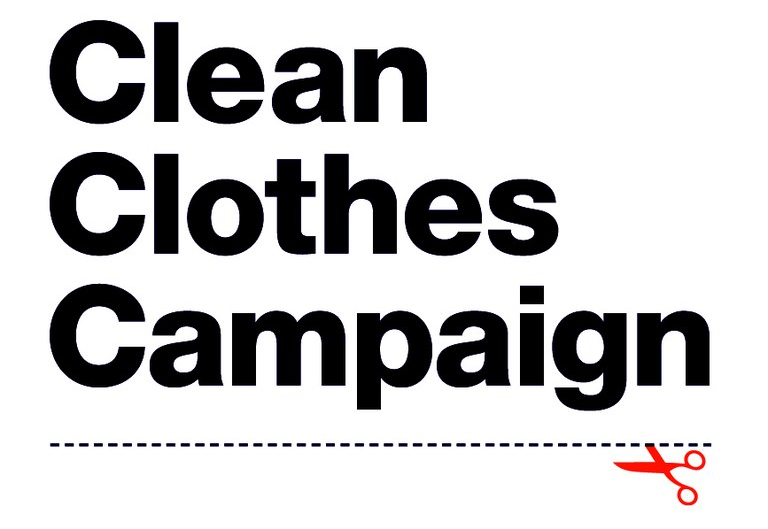Search results
4 results
Sort by:
Complaint filed against Italian auditor for ignoring fatal flaws in garment factory
More than 250 people died and dozens were injured in a fire at the Ali Enterprises textile factory in Karachi, Pakistan, on 11 September 2012. Only three weeks before, Italian auditor RINA Services S.p.A. certified the factory for abiding to international labour standards. Marking the six year anniversary of the disaster an international coalition of eight human rights, labour and consumer organizations file a complaint to the OECD National Contact Point (NCP) at the Ministry for Economic Development in Rome against RINA, the company that could have prevented hundreds of deaths by doing its work properly.
“We go as far as brands want us to go”
A new report launched today exposes multi-billion social auditing industry operating as corporate social responsibility (CSR) tool to protect brand reputation and profits while aggravating risks to garment workers. The report “Fig Leaf for Fashion: How social auditing protects brands and fails workers” published today by Clean Clothes Campaign offers an extensive analysis of the corporate controlled audit industry, connecting the dots between the most well known business-driven social compliance initiatives, such as Social Accountability International, WRAP, the FLA, and amfori BSCI, and the largest corporate-controlled auditing firms, including Bureau Veritas, TÜV Rheinland, UL, RINA, and ELEVATE, as well as the brand interests that they serve.
Fig Leaf for Fashion - summary briefing
This summary briefing sums up the main findings and recommendations of the September 2019 Fig Leaf for Fashion report on how the social auditing industry protects brands' reputations rather than workers' lives and thus fails workers by design.
Fig Leaf for Fashion. How social auditing protects brands and fails workers
This September 2019 report offers an extensive analysis of the corporate controlled audit industry, connecting the dots between the most well known business-driven social compliance initiatives, such as Social Accountability International, WRAP, the FLA, and amfori BSCI, and the largest corporate-controlled auditing firms, including Bureau Veritas, TÜV Rheinland, UL, RINA, and ELEVATE, as well as the brand interests that they serve. Evidence presented throughout the report clearly shows how the social audit industry has failed spectacularly in its proffered mission of protecting workers’ safety and improving working conditions. Instead, it has protected the image and reputation of brands and their business models, while standing in the way of more effective models that include mandatory transparency and binding commitments to remediation.
